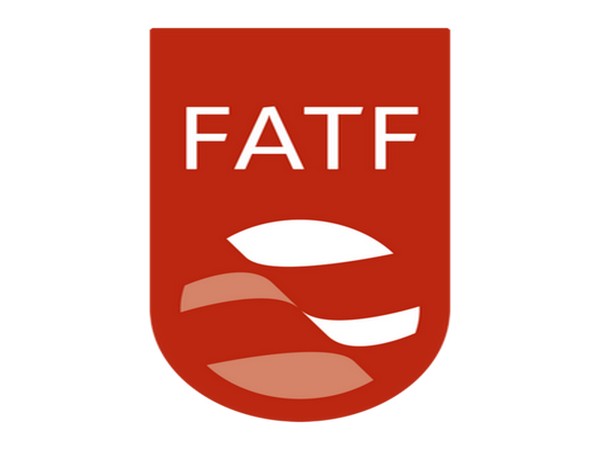By AML Intelligence Correspondents
PRIVACY campaigners are baulking at revised new AML laws in the Netherlands, describing the legislation as a “banking dragnet.”
A bill proposed by the Finance Ministry would allow banks to share information about their clients’ business transactions in order to detect money laundering. However it is reported the proposed legislation may fall foul of concerns about privacy as the impact of tackling criminal activity is beginning to affect ordinary account holders.
Finance Minister Sigrid Kaag hopes that limiting the amount of information banks can share and anonymising the data before it can be checked for AML patterns will get the law through parliament. Kaag presented the new bill to MPs on Friday last.
An earlier version of the legislation proposed by the finance minister was severely criticised by the Council of State for breaching the privacy of business account holders.
Holland’s privacy watchdog Autoriteit Persoonsgegevens (AP) described it as “a banking dragnet” and “unprecedented mass surveillance of the Dutch.”
The AP, according to Trouw media, has yet to study the new legislation.
Meanwhile, Holland’s banks are beginning to baulk at the cost of detecting fraud, the paper reported.
Massive fines for failing to follow AML have led the banks to employ thousands of people to monitor compliance.
The Dutch banking association says 20pc of employees are now working on monitoring clients and their spending patterns.
Dutch News reported that a business account can cost up to €2,000 a year or even more for sectors where cash dealings are common – such as car repair shops and coffee shops. Some find it hard to open a bank account at all and face restrictions such as a ban on cash transactions.
The Dutch central bank DNB has admitted that banks are struggling and that more efficient ways have to be found to detect suspicious money movements.
Last week, online bank Bunq was told it can use artificial intelligence as part of its compliance strategy, against the will of the central bank. Others are saying the detection of criminal activities should not be done by banks at all, and that the government should play a bigger financial role in tackling them.
“Combating money laundering is not a ‘core task’ of banks. They are there to serve their clients. The government is saying it is keen to stop money laundering and then puts the onus on banks,” financial law specialist Frank ’t Hart told Trouw.
Meanwhile experts told Financieele Dagblad that more money should go to an efficient follow up of reported cases of suspected wrong-doing.
Holland’s FIU, the police and the prosecutors deal with a one million possible cases per annum, which far exceeds their capacity.
Last year the FIU was notified of €15.4BN worth of possible criminal transactions of which it was able to seize just €386M.
The central bank’s policy of “when in doubt, report” not only increases the number of cases but also endangers account holders privacy, former fraud officer Sander Riemslag Baas told the paper. “It’s time we had some proportionality.”








